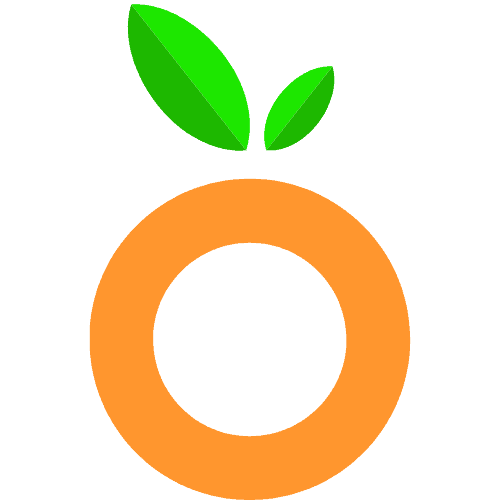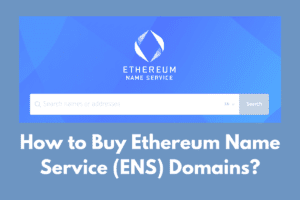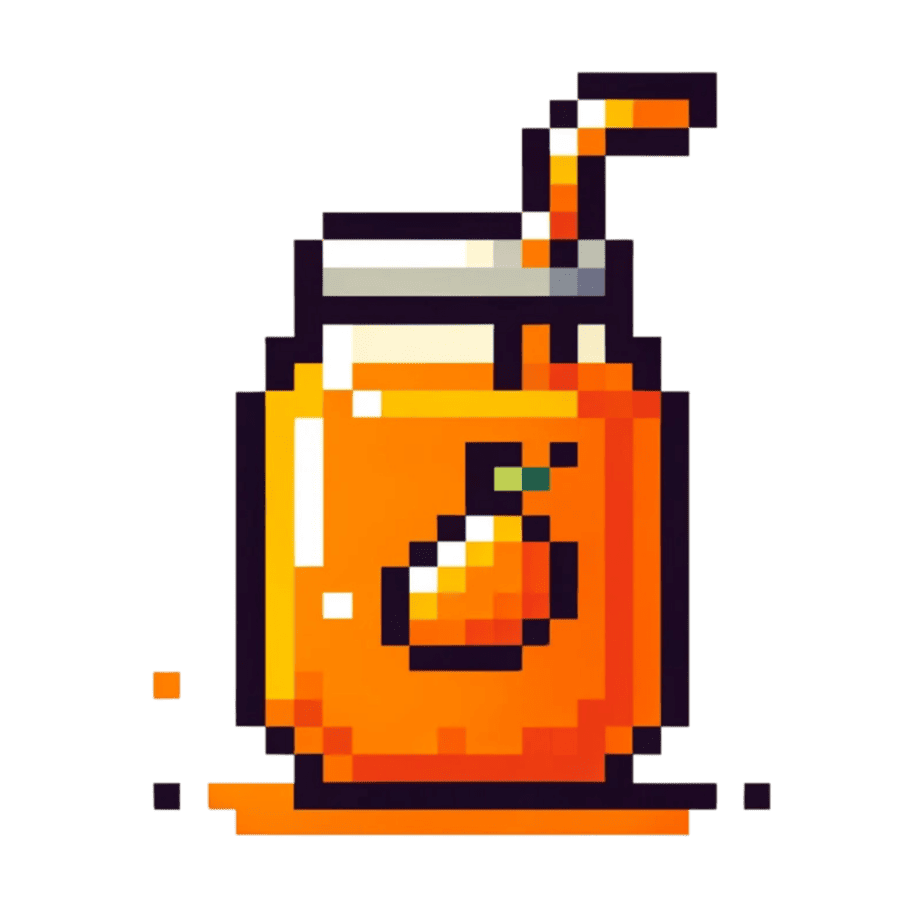15 NFT Utility Ideas
We’re reader-supported; we may earn a commission from links in this article.
As we move further into the future, NFTs are becoming more and more popular.
This is due, in part, to the amazing utility of NFTs. They can have various forms of utility including gaming, trading, and even offer exclusive Metaverse rights.
In this blog post, I will discuss 15 of the best NFT utility ideas.
Keep in mind that these are just ideas; you may want to use them as inspiration for your own projects!
Read on for more information:
What Are NFTs?
NFTs, or non-fungible tokens, are a type of digital asset. They are unique and cannot be replaced by another NFT. NFTs can represent anything from digital art to in-game items. One of the key benefits of NFTs is that they can be traded or sold on NFT marketplaces. This makes them more valuable than traditional digital assets, which can only be exchanged for other digital assets of the same type.
What is NFT Utility?
NFT utility is the use of NFTs for a specific purpose. NFTs can be used for gaming, trading, store of value or even offering exclusive Metaverse rights. The utility of NFTs depends on the project and collection it is from. Different NFTs have varying levels of utility. NFT utility may make NFTs more valuable to collectors.
What Are The Best NFT Utility Ideas?
1) NFTs as Virtual Assets
NFTs as virtual assets provide utility by allowing players to own and control unique digital items, such as in-game items, collectibles, and virtual real estate.
These utility NFTs can be used within the game or in other games that support the same blockchain, allowing players to take their assets with them to different virtual worlds.
Additionally, utility NFTs can be used to create new forms of gameplay and monetization. For example, some games allow players to create their own items, which can then be sold as NFTs on the open market.
This allows players to earn real-world money for their creations and also creates a market for unique, player-created items.
Furthermore, utility NFTs can also be used for social status and prestige.
These unique virtual assets can be used as a status symbol, showing off to other players that you own one-of-a-kind items, thus making them more valuable.
Overall, utility NFTs as virtual assets provide utility by allowing players to own and control unique digital assets, creating new forms of gameplay and monetization, and providing social status and prestige.
An example of an NFT that had done really well in the past and currently is the Bored Ape Yacht Club.
2) NFTs as Digital Collectibles
NFTs can also be used as digital collectibles. This is similar to using NFTs as virtual assets, but the NFT would not have any utility in a game or other online platform. Instead, the NFT would be collected for its rarity or uniqueness.
Examples of NFTs that could be used as digital collectibles include CryptoKitties and digital art.
Digital art is a popular use case for NFTs. NFTs can be used to represent digital paintings, sculptures, or other forms of art. The NFT can be stored on the blockchain and sold on an NFT marketplace.
CryptoKitties are a popular form of digital collectible. They are NFTs that represent virtual cats. CryptoKitties can be traded or sold on an NFT marketplace.
Digital art and CryptoKitties are just two examples of how NFTs can be used as digital collectibles. There are many other possibilities!
3) NFT Utility In Gaming
NFTs can be used for gaming in a number of ways. For example, NFTs can be used as virtual assets in games or as digital collectibles.
Virtual assets are a popular use case for NFTs. NFTs can be used to represent items in games such as swords, armor, and other equipment. The utility NFT can be stored on the blockchain and traded or sold on an NFT marketplace.
These assets can be bought, sold, and traded on blockchain marketplaces, and can have real-world value.
This allows gamers to own and collect unique items that can’t be replicated or replaced, and can even potentially appreciate in value.
Additionally, NFTs can be used to create digital worlds where players can own and control virtual real estate and other assets.
Naturally, utility NFT holders will benefit from obtaining and holding these utility NFTs.
4) NFTs for Voting and Governance
NFTs can also be used for voting and governance. For example, NFTs could be used to represent votes in a decentralized organization. The NFT would be stored on the blockchain and could not be changed or replicated. This would provide a secure and transparent way to vote.
Another use case for NFTs is to represent ownership of an asset in a decentralized organization. For example, NFTs could be used to represent shares in a decentralized company. The NFT would be stored on the blockchain and could not be changed or replicated. This would provide a secure and transparent way to track ownership of assets.
This is a great way to double up the purpose of owning a utility NFT, thereby increasing the NFT utility, which will benefit the utility NFT holders in the long run.
5) NFTs for Digital Rights Management
NFTs can also be used for digital rights management. This is one of the unique NFT utility examples.
For example, NFTs could be used to represent copyrights or trademarks. The NFT would be stored on the blockchain and could not be changed or replicated. This would provide a secure and transparent way to track ownership of intellectual property.
Another use case for NFTs is to represent licenses. For example, NFTs could be used to represent software licenses or Creative Commons licenses. The NFT would be stored on the blockchain and could not be changed or replicated. This would provide a secure and transparent way to track ownership of licenses.
NFTs can also be used to represent certificates. For example, NFTs could be used to represent certificates of authenticity or degrees. The NFT would be stored on the blockchain and could not be changed or replicated. This would provide a secure and transparent way to track ownership of certificates.
Digital rights management is a broad field, and NFTs can be used in many different ways to manage digital rights. These are just a few examples of NFT utility in this field!
6) NFTs for Data Storage and Transmission
NFTs can also be used for data storage and transmission. For example, NFTs could be used to store files on the blockchain.
The NFT utility would be that it acts as a pointer to the location of the file on the blockchain. This would provide a secure and decentralized way to store files.
7) NFTs as Vouchers or Coupons
This NFT utility idea is good because it can be used as a way to promote sales or discounts for products and services for your NFT project.
For example, you could create an NFT that gives the holder a 20% discount on their next purchase from your store. This will give your utility NFTs special clout just for holding them, allowing NFT holders to benefit in future sales.
Or you could create an NFT that can be redeemed for a free service, like a free month of access to your premium content. This would be a great way to entice people to sign up for your service.
There are endless possibilities for how your NFT collection itself can be used as vouchers or coupons, so get creative!
8) NFTs as Digital Identification
Of all the uses of utility NFTs, this has lots of practical use.
This NFT utility idea is great because it can be used as a way to verify someone’s identity online.
For example, you could create an NFT collection that contains the holder’s name, address, and date of birth.
This NFT could then be used to verify the holder’s identity when they are signing up for an online service, or when they are making a purchase online. This would be a great way to reduce fraud and ensure that only the rightful owner of an NFT can use it.
However, for this idea, you do have to think about the security aspects, as many NFT holders still do not trust an NFT project to put their identities in the crypto space easily.
Maybe you could give it some time for the technology to mature first!
9) NFTs as Micropayments
This NFT utility idea is good because it can be used as a way to make small payments for your NFT projects.
For example, you could create an NFT collection that can be used to pay for internet access. NFT owners then would be able to easily verifiable that they do indeed pay for the service.
Or you could create an NFT that can be used to pay for access to premium content. This would be a great way to monetize content that is normally free. An example would be creating utility in streaming services or consuming media on the blockchain.
10) Utility NFTs as a Store of Value
NFTs could potentially be used as a store of value, similar to how people invest in gold or cryptocurrency. The advantage of NFTs is that they are unique and can’t be replicated, so they may become more valuable over time.
11) Create NFT Tipping Platforms
You can also consider creating an NFT project that’s a platform where people can tip creators and other users through the purchase of NFTs in an NFT collection. This is a great way to support the NFT community and reward people for their creativity.
You could even make the next Twitch, and the payment could be through crypto or NFTs.
12) NFT Used for Airdrops
Airdropping NFTs is a great way to promote your project or brand. It’s also a great way to get people involved in the NFT community.
NFT airdrops are great because they:
- Promote your project or brand
- Get people involved in the NFT community
- Reward creativity
These airdropped NFTs can then be used to verify a certain uniqueness of an early investor in your NFT projects.
13) NFTs Can Be Displayed in Decentralized Art Galleries and Museums
NFTs can be displayed in decentralized art galleries and museums, which can add utility to owning NFTs from utility NFT projects.
This is a great way to showcase NFTs and the creativity of their creators. It’s also a great way to get people involved in the NFT community.
Decentralized art galleries and museums are great because they:
- Showcase NFT art and the creativity of their creators.
- Get people involved in the NFT community.
- Promote decentralized NFT art project
The showcased NFT projects can then be monetized as people view the galleries for a price in crypto.
14) NFTs Can Be Used as Virtual Currency
NFTs can be used as virtual currency. This is a great way to use NFTs and their utility. It’s also a great way to get people involved in the NFT community.
Virtual currency is great because of:
- Uses NFTs and their utility.
- Gets people involved in the NFT community.
- Can be used to buy and sell NFTs.
Many people see NFTs as just art, but by giving them special privileges as a virtual currency in your NFT project’s ecosystem, you’ll be able to easily expand that to other NFT utilities such as a metaverse or a game.
15) NFTs can be Used to Tokenize Real-World Assets
NFTs can be used to tokenize real-world assets. This is a great way to use NFTs and their utility. It’s also a great way to get people involved in the NFT community.
Here’s how it works:
Let’s say you have a piece of art that you want to sell. You can create an NFT for it and put it up for sale. NFT buyers will own the art piece. This is a great way to use NFTs because it allows people to invest in real-world assets.
This is also a great way to get people involved in the NFT community. By buying an NFT, they are investing in the community and supporting it. This is a great way to use NFTs and their utility.
Final Thoughts
These are just a few of the best NFT utility ideas.
Get creative and come up with your own NFT utility ideas. There are endless possibilities for what you can do with NFTs. So get started today and build something great!
I hope the NFT utility examples you’ve provided her have helped you learn more about NFT utility today!
If you liked this blog post, be sure to check out our other blog posts about NFTs. I have lots of great NFT content, so be sure to check it out!
All the best with building out the best NFT utility projects – thanks for reading!

Justin Chia
Justin is the author of Justjooz and is a data analyst and AI expert. He is also a Nanyang Technological University (NTU) alumni, majoring in Biological Sciences.
He regularly posts AI and analytics content on LinkedIn, and writes a weekly newsletter, The Juicer, on AI, analytics, tech, and personal development.
To unwind, Justin enjoys gaming and reading.


